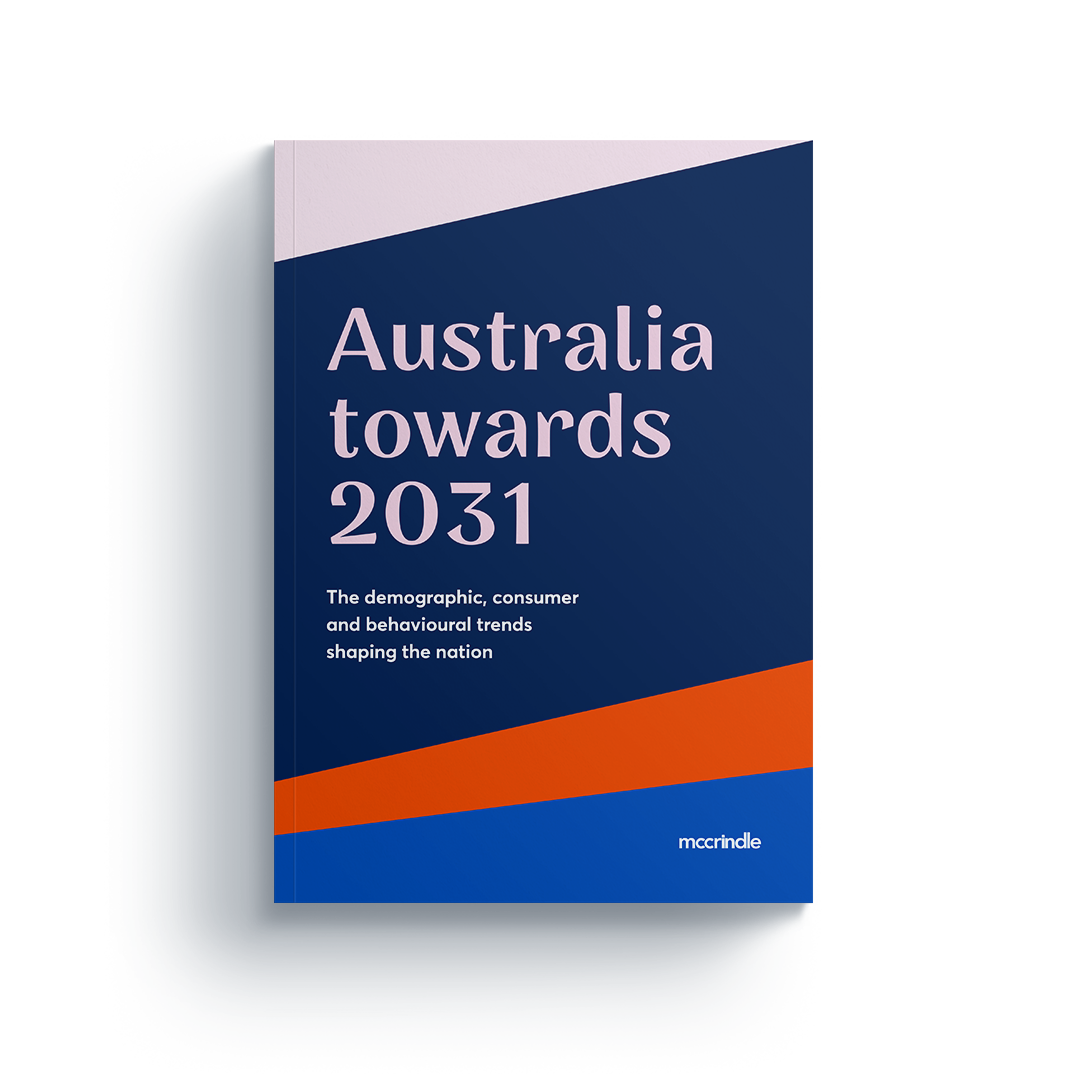Three Australian cities in the top ten most liveable cities worldwide

A 2019 report by the Economist Intelligence Unit has revealed the world’s most liveable cities. These include:
- Vienna, Austria
- Melbourne, Australia
- Sydney, Australia
- Osaka, Japan
- Calgary, Canada
- Vancouver, Canada
- Toronto, Canada
- Tokyo, Japan
- Copenhagen, Denmark
- Adelaide, Australia
The Global Liveability Index ranks 140 cities worldwide, with each city being assigned a score for over 30 qualitative and quantitative factors across five broad categories. These categories include stability, healthcare, culture and environment, education and infrastructure.
Australia has ranked well this year, with Melbourne ranking 2nd, and Sydney jumping from 5th to 3rd place, ranking well in the areas of safety and the environment. Not only do three Australian cities feature in the top ten, but Perth (14th) and Brisbane (18th) also feature in the top 20.
“This is the first year the report has included the element of climate change. It shows that a city’s ability to adjust sustainably is important. If you look at the list, the larger, global, mega-cities did not rank very well. In fact, Sydney and Melbourne, apart from Tokyo, are the largest cities in the top ten. It’s the smaller cities that tend to be more adaptable, and so thrive on a list like this. Larger cities, like London and New York didn’t rank so well. These are cities of 8 or 9 million people, so have greater complexity, safety, infrastructure and instability issues, which are reasons why these cities were marked down. Two areas which aren’t considered are affordability and congestion.” – Mark McCrindle, Social Researcher
For more information
For media commentary contact us on 02 8824 3422 or at [email protected]





